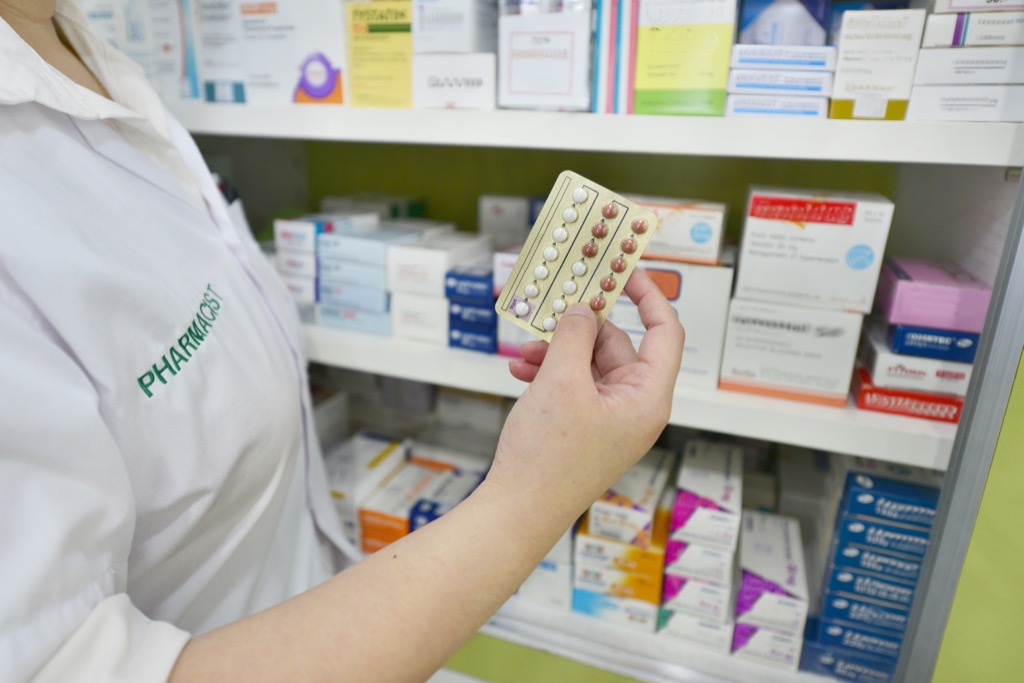The report out of Maine Medical Center, published in the journal Endocrinology, finds that anyone currently taking oral contraceptives, which contain estrogen, are at an increased risk of a potentially fatal blood clot. The paper shows that oral contraceptives can cause blood vessels to narrow, which raises the potential risk for clotting. And COVID-19 has been shown to create blood clotting issues in many patients, often leading to death. The warning was also extended to pregnant women and anyone undergoing hormone replacement therapy with estrogen. “During this pandemic, we need additional research to determine if women who become infected during pregnancy should receive anti-coagulation therapy—or if women taking birth control pills or hormone replacement therapy should discontinue them,” author Daniel I. Spratt, MD, of Maine Medical Center, said in a statement. Birth control pills are the second most popular form of contraception in the United States, with approximately 9 million people currently on the pill. And while those taking oral contraceptives already are at a higher risk of stroke, the complications created by COVID-19 raise those risks to uncharted territories.ae0fcc31ae342fd3a1346ebb1f342fcb A previous 2013 study published in the British Medical Journal also found that those who take oral contraceptives are 3.5 times more likely to experience deep vein thrombosis. And for an idea of how deadly blood clotting issues have been in COVID-19 patients, a July study published in the journal Radiology examined the link between blood clots and coronavirus mortality. The research showed that the death rate increased 38 percent among those with COVID-19 who had deep vein thrombosis. Additionally, Jeffrey Laurence, MD, a hematology and oncology specialist at NewYork-Presbyterian/Weill Cornell Medical Center, says many major complications of COVID-19 seem to be driven by blood clotting. “COVID-19 patients in the ICU are developing blood clots, including clots in small vessels, deep vein thromboses in the legs, clots in the lungs, and stroke-causing clots in cerebral arteries,” he said in an interview with Weill Cornell Medicine. RELATED: For more up-to-date information, sign up for our daily newsletter. Of course, there are plenty of uncertainties that remain regarding the effects of both SARS-CoV-2 and estrogen on coagulation. The emergence of this pandemic and the curious impact of this virus on blood clotting emphasize the continuing need for additional research. And for more on how what’s in your body that could keep you safe from coronavirus, check out Why You May Actually Already Be Safe From COVID, New Study Says.
